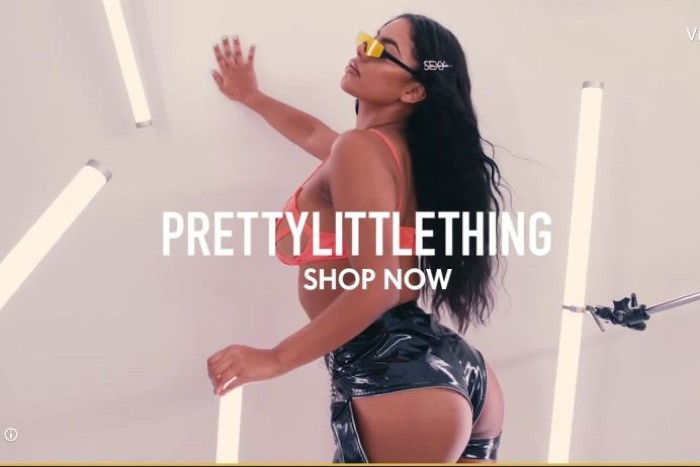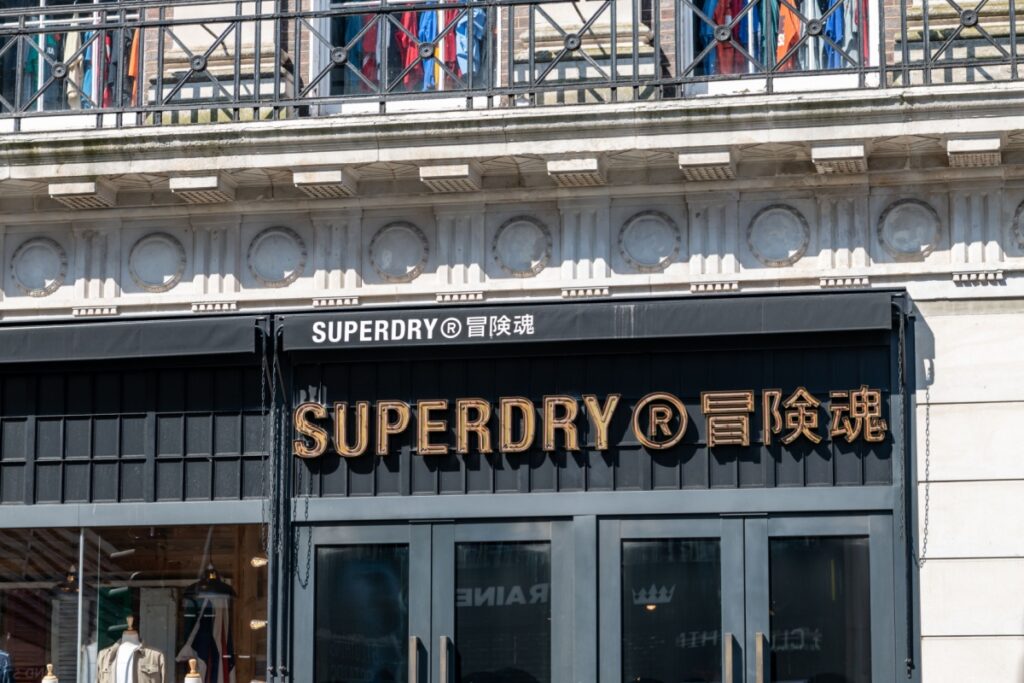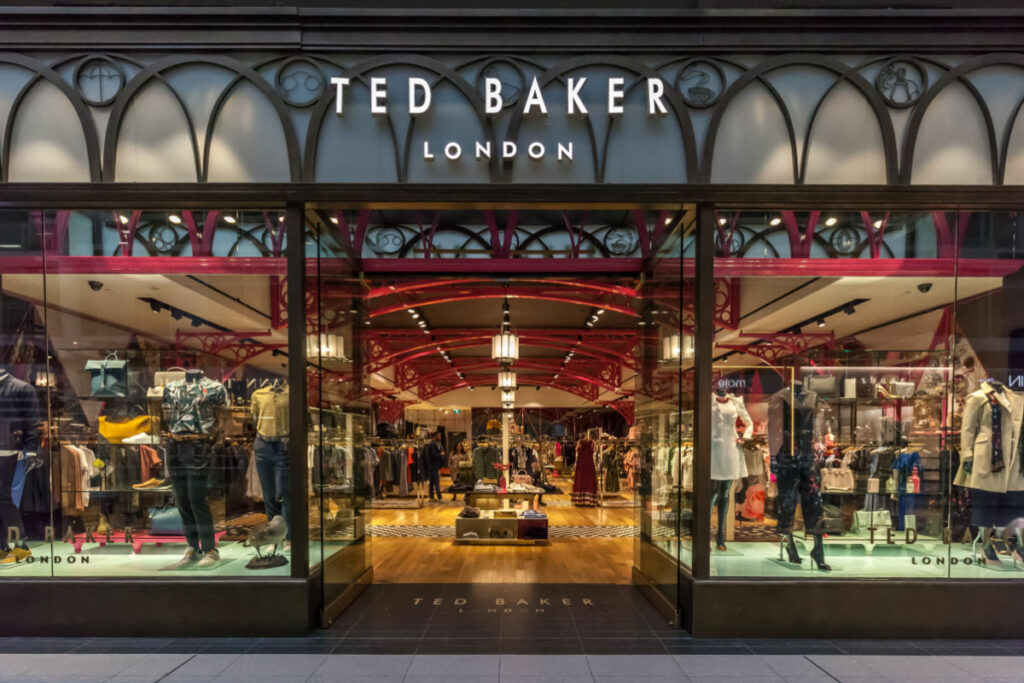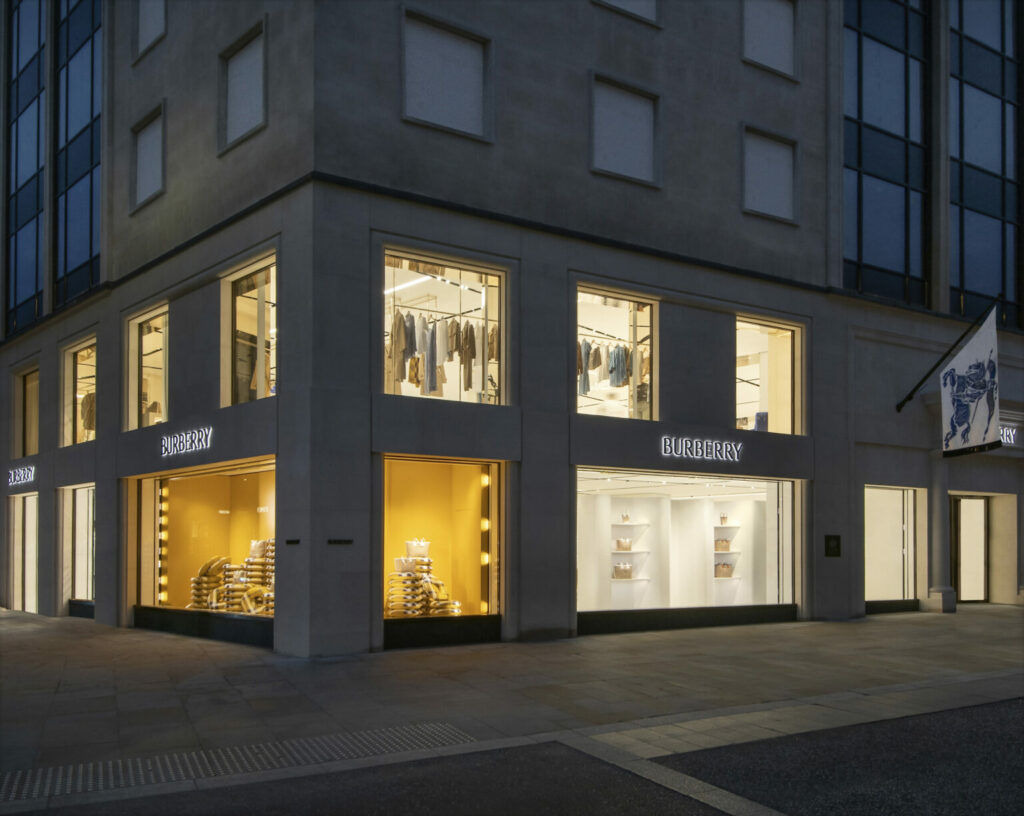Retailers have long used sexually provocative adverts to appeal to consumers, with the likes of Victoria’s Secret and PrettyLittleThing not any making secrets in their marketing strategies take advantage of the “sex sells” notion.
However, the line between the empowerment and the objectification has proved a difficult one for retailers to distinguish, and so to play it safe, many have turned down the heat. Does this mean retailers are rethinking their sexual advertising strategy?
With PrettyLittleThing recently coming under fire from the Advertising Standards Authority (ASA) for featuring women wearing exposing lingerie in its “overly sexualised” ad, consumers are more conscious than ever of retailers who use sex appeal to sell.
“For over 100 years, sex has been a provocative and persuasive tool in advertising”
Abercrombie & Fitch is one retailer that’s undergone a major change in the past five years. The US fashion retailer was once recognised for using sexualised ads to promote its fashion range, with shirtless models featured on its paper bags.
However, in early 2015 it changed its policy. “There will no longer be sexualised marketing used in marketing materials, including in-store photos, gift cards and shopping cards,” the retailer stated in press release.
Abercrombie & Fitch’s designs and marketing now focus on shoppers’ “best self and inner confidence,” chief merchandising officer Fran Horowitz said at the time. Initially, the new marketing approach have contributed to a blip in the retailer’s trading. In its financial report for fiscal year 2015, net sales dropped six per cent to $3.5 billion from $3.7 billion for fiscal 2014.
Despite the decline, Abercrombie & Fitch continued to push forward with its updated marketing strategy and to this day features fully-dressed models. In its most recent full year trading update for the 2018 fiscal year, net sales had more than recovered from 2015 levels – in fact it grew three per cent year-on-year to $3.59 billion.

Sara Beech, strategist at brand consultancy Frontier argued that “for every sexualised ad that’s pushed the boundaries in a particular period, it’s likely caused desire and offence in equal measure”.
“For over 100 years, sex has been a provocative and persuasive tool in advertising, used to generate attention, desire and column inches,” she told Retail Gazette.
Just last week, Italian fashion designer Giorgio Armani accused the fashion industry of “raping” women with short-lived trends and sex-driven marketing. He repeatedly used the term “rape” to describe how women in the fashion are treated when he spoke at an event during Milan Fashion Week.
“Women keep getting raped by designers, by us,” Armani said.
“If a lady walks on the street and sees an ad with a woman with her boobs and arse in plain sight and she wants to be like that too, that’s a way of raping her.”
However, one retailer that bore fruit from its sexualised ads is Calvin Klein – although this could be because of its history of using celebrities in their campaigns. In the past it’s featured Justin Bieber, Jamie Dornan and Shawn Mendes, and famously launched the career of Mark Wahlberg. In 2018, Calvin Klein launched a spring/summer campaign featuring the Kardashian sisters wearing the label’s underwear.

In the 53 weeks to February 3, 2019, Calvin Klein reported a 15.2 per cent increase in its UK revenue, while gross profit increased 17.1 per cent, according to documents lodged at Companies House.
“Sex still sells, you only have to look at how last month shares in online fashion firm Boohoo rose by two per cent after the company reported soaring revenues thanks to its Love Island edit, and how millions of people are tuning into each season of Love Island to see that,” Beech explained.
However, US lingerie retailer Victoria’s Secret has seen its share price slump as its famously sexualised marketing looked increasingly outdated in a modern era.
Its campaigns, which traditionally feature women in sexy lingerie and pyjamas, has faced backlash – especially its Perfect Body campaign in 2014, which led to a Change.org petition requesting it apologise for pressurising women to look a certain way.
Although it has made efforts to change, it has continued to witness sales and profits declining. In the 52 weeks ended February 2, 2019, Victoria’s Secret’s UK revenue declined by 3.5 per cent, while gross profit dropped 9.2 per cent. Its loss before tax increased by a colossal 246 per cent compared with the year before, according to files registered at Companies House.
“Notions of sex and sexuality are changing. Victoria’s Secret’s fortunes have declined in recent years, with sales dropping consistently,” Beech said.
“It’s certainly not snowflakes that landed PrettyLittleThing in hot water”
“Whereas new lingerie brands that channel messages of body positivity and intimacy, while still feeling aspirational, are resonating with more women – particularly younger women.”
In a post-#MeToo era, it’s arguable that retailers feel deterred from producing sex-appeal focused campaigns. Despite this, one retailer that ignored rising concerns is PrettyLittleThing.
A recent ad from the online retailer featured women wearing exposing lingerie, and was banned for being “offensive” by the ASA earlier this month.
Callum Saunders, head of planning at brand agency Zeal Creative, said that although commentators have suggested the so-called “snowflake generation” is responsible for a decline in sexual advertising, to suggest that misses the point entirely.
“It’s less a case of consumers being ‘overly-offended’ and more a reflection of a society that is becoming increasingly aware of issues around gender, sexuality and exploitation,” he told Retail gazette.
“It’s certainly not snowflakes that landed PrettyLittleThing in hot water.”
The ASA said the fast fashion retailer’s YouTube ad presented its products in an “overly-sexualised way” and depicted women as sex objects.
An ASA spokesman told Retail Gazette that ads should not be “misleading, harmful, offensive or irresponsible, including ones of a sexual nature”.
“Our role is to judge where an ad has crossed over a line and broken our rules,” he said.
“In reaching our decisions, we take into account public research, the audiences that is likely to see the ad, the content, context in which an ad appears and prevailing standards in society.”
Meanwhile, Diesel has become synonymous with provocative advertisements that often question industry-related trends.

The fashion retailer used to trade off provocative campaigns – its 2018 Haute Couture ad featured a sexy glimpse of Nicki Minaj – but has since transformed its campaigns into humorous ones.
Diesel stepped away from provocative campaigning last year when it put the wardrobing phenomenon at the centre of its fall 2019 ad campaign. Dubbed Enjoy Before Returning, the campaign aimed to mock consumers who wear clothes and then return them.
Laurna Woods, chief executive of communications agency Beattie, said sex-focused ads “work” if retailers find a balance between being responsible advertisers and remaining commercially relevant.

Last year, PrettyLittleThing’s stablemate Boohoo also had one of its ads banned by the ASA for being “socially irresponsible”. The ad in question featured imagery of skin-coloured clothing with the text “Send Nudes”.
Woods said Boohoo’s advertising was “uncomfortably provocative, but designed to appeal to this fast-fashion socially-sexy audience”.
In response, Boohoo said they only meant “nudes” to refer to the colour of the clothes, and that was “apparent from the body of the email,” according to the ASA website.

The motivation for retailers to desexualise their campaigns arguably comes as a result of consumers voicing their concerns. Many have transformed their strategies in recent years to adjust to consumers’ shifting attitudes.
While these attitudes may have been around for longer than known, the proliferation of crowd-led movements along with the platform of social media has simplified how consumers can express concerns.
Sexually-motivated advertising has been around for as long as one can remember. Yet as long as retailers understand their audiences, utilising sex appeal as a marketing tool can arguably remain a sustainable strategy – if done properly.
Click here to sign up to Retail Gazette’s free daily email newsletter

















